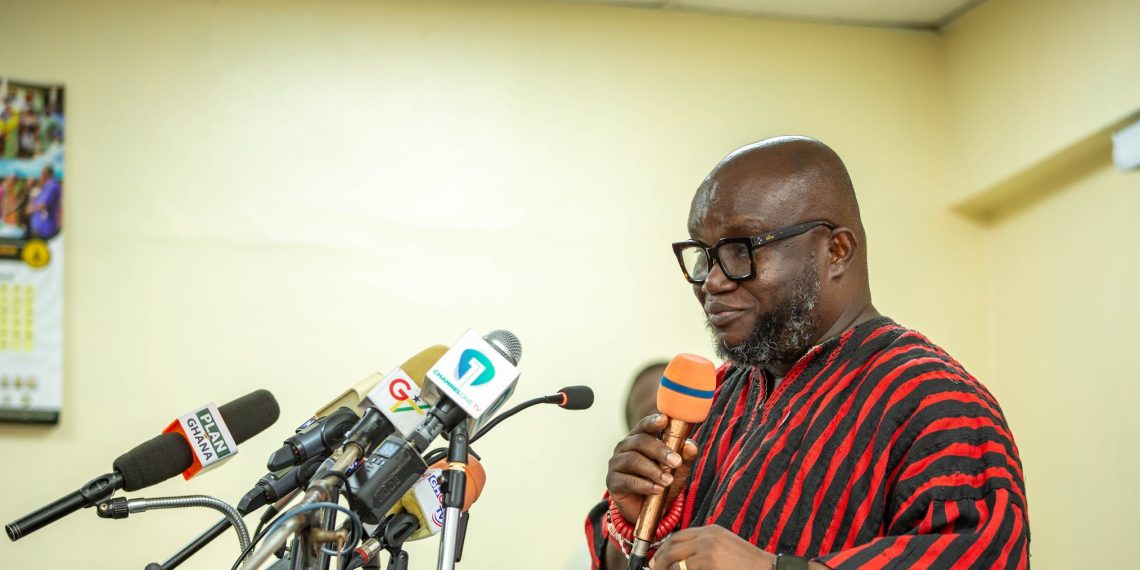adverts
The Chief Executive Officer of the Ghana Chamber of Telecommunications, Dr. Kenneth Ashigbey, has clarified that the previous SIM card registration exercise was not a failure but rather an incomplete process that lacked full biometric integration.
His comments follow an announcement by the Minister-Designate for Communications, Digital Technology, and Innovation, Sam Nartey George, who has proposed a new SIM re-registration exercise to address flaws in the previous system.
In 2022, the government mandated SIM cardholders to link their numbers with their Ghana Cards, a move aimed at enhancing security and eliminating fraud. However, the exercise was plagued by long queues, inefficiencies, and the eventual blocking of SIMs for individuals who failed to register.
adverts
During his vetting, Sam George highlighted these challenges and promised to introduce a more seamless system that integrates directly with the National Identification Authority (NIA) database.
Speaking on Eyewitness News on Citi FM on Monday, February 3, Dr. Ashigbey explained that while the initial SIM registration process attempted to verify users’ identities, it fell short due to incomplete biometric verification.
“I wouldn’t say it is useless. I would say it was incomplete. The thing about it is the fact that the biometric data that was collected was not reading properly,” he stated.
He noted that the fingerprint data collected during the registration process was not as precise as the NIA’s system, emphasising the importance of using the NIA database as the “single point of truth” for biometric verification.
“What we should have done was use the NIA database to complete the cycle,” he added.
Dr. Ashigbey further explained that while the first phase of SIM registration checked basic data against the NIA database, the second phase—biometric verification—was flawed due to improper validation of fingerprint data.
“We do the liveliness test, we do the likeliness test, we collect the biometric data, but we don’t compare it with the single point of truth, which is the NIA database,” he stressed.
With discussions around a new SIM card registration exercise gaining momentum, Dr. Ashigbey underscored the need to correct these gaps to ensure that the process is both effective and conclusive.
The government’s proposed approach, which aims to integrate SIM registration fully with the NIA’s system, is expected to address past inefficiencies and create a more reliable identification framework.
As stakeholders continue to debate the way forward, many will be watching closely to see how the new ministerial leadership implements a system that avoids the pitfalls of the previous exercise.
GOT A STORY?
Contact/WhatsApp: +233243201960 or Email: manuelnkansah33@gmail.com


